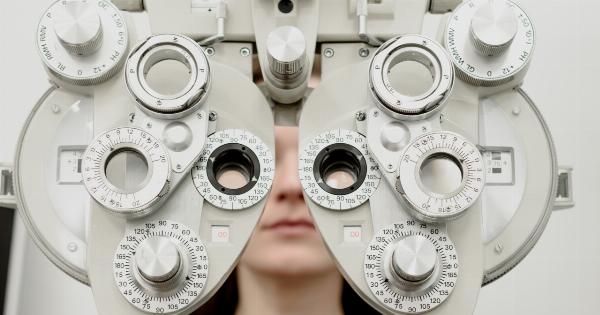Having a baby is an experience like no other. After months of anticipation, you finally get to hold your little bundle of joy in your arms. But as exciting as this time may be, it can also be overwhelming.
Your body has gone through a significant transformation and it can take time to recover. That’s why it’s important to schedule a postpartum checkup with your doctor. Here’s what you need to know about when to see your doctor after giving birth.
What is Postpartum Checkup?
A postpartum checkup, also known as a postnatal visit, is a checkup that new mothers have with their doctor after giving birth. This appointment usually takes place anywhere from 6-12 weeks after birth, depending on your doctor’s recommendations.
During this checkup, your doctor will evaluate your physical and emotional well-being, discuss your birth experience, and provide you with any necessary advice or support.
Why is Postpartum Checkup Important?
A postpartum checkup is essential for the health and well-being of both you and your baby.
During this visit, your doctor will evaluate your physical recovery, check for any postpartum complications, such as infections or bleeding, and discuss any concerns you may have about breastfeeding or emotional health. By seeing your doctor regularly, you can ensure that any issues are caught early and that you receive the care and support you need to recover fully.
When Should You Schedule Your Postpartum Checkup?
The timing of your postpartum checkup will depend on a few factors. Most doctors recommend scheduling this appointment anywhere from 6-12 weeks after birth, but this can vary depending on your individual needs and medical history.
If you had a complicated or high-risk pregnancy or delivery, you may need to schedule your postpartum checkup sooner. Additionally, if you are experiencing any postpartum complications, such as heavy bleeding or fever, you should see your doctor as soon as possible.
What Can You Expect During Your Postpartum Checkup?
During your postpartum checkup, your doctor will evaluate your physical and emotional health. They will likely perform a pelvic exam to check for any postpartum issues such as vaginal tears, infections, or prolapse.
They will also discuss issues such as sleep, mood changes, breastfeeding, and contraception. Your doctor may also screen you for postpartum depression, which is a common issue that affects many new mothers.
What Are the Signs that You May Need to Schedule a Postpartum Checkup Sooner?
While it’s common to schedule a postpartum checkup a few weeks after birth, there are some situations where you may need to see your doctor sooner, including:.
- Excessive bleeding
- Significant abdominal pain
- Fever or chills
- Difficulty urinating or emptying bowels
- Inability to breastfeed
- Extreme mood swings or depression
- Feeling dizzy or fainting
What You Need to Tell Your Doctor During Postpartum Checkup?
During your postpartum checkup, it’s important to be honest with your doctor about any issues or concerns you may have. This can include things like:.
- Any physical pain or discomfort you’re experiencing
- Any issues you’re having with breastfeeding
- How you’re feeling emotionally and mentally
- Any questions you may have about your recovery or care for your baby
Takeaway
A postpartum checkup is an essential part of your recovery after giving birth.
This visit provides you with an opportunity to discuss any concerns you may have with your doctor, ensure that you’re recovering properly, and get the support you need to thrive as a new mom. If you’re unsure when to schedule your postpartum checkup, or you’re experiencing any postpartum complications, reach out to your doctor as soon as possible.






























